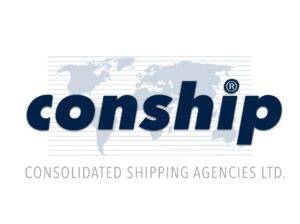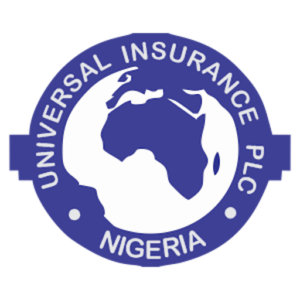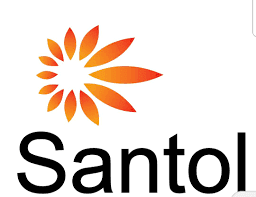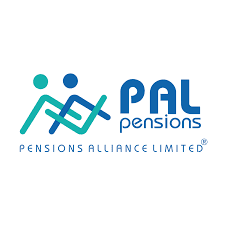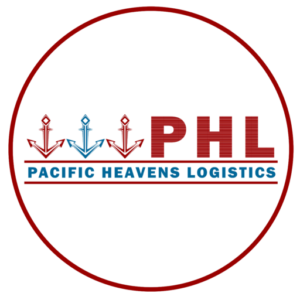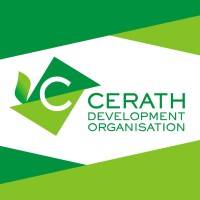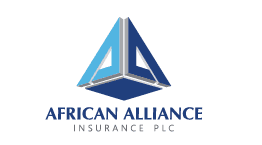Feasibility Studies
Assessing the viability of a project or business idea before deciding whether to invest or not based on specific indicators.
Feasibility Studies Service
Are you looking for the perfect partner to help you understand the viability of your project? Look no further than our feasibility studies services. Our team of experts can provide comprehensive and detailed feasibility studies to help you make informed decisions for the future of your project.
FEATURES:
🔎 Comprehensive Research: We provide comprehensive research to help you understand the viability of your project.
📊 Detailed Analysis: Our team of experts can provide detailed analysis of the potential outcomes of your project.
🤝 Expert Advice: Get advice from experienced professionals to help you make the right decisions for your project.
SPECIFICATIONS:
– Professional-level research and analysis – Experienced and qualified team of experts – Comprehensive and detailed reports
HOW IT WORKS:
1. Our team will discuss your project with you to understand your needs. 2. We will then conduct comprehensive research and analysis to identify potential outcomes. 3. Finally, we will provide you with a detailed report outlining our findings and recommendations.
FAQ:
Q: How long does a feasibility study take?
A: The length of a feasibility study depends on the complexity of the project. Generally, a study can take anywhere from a few weeks to several months.
Q: What is included in a feasibility study?
A: A feasibility study typically includes research into the technical, financial, legal, and economic aspects of a project. It also includes an analysis of the potential outcomes of the project.
What a Feasibility Study is
Doing a feasibility assessment is crucial before committing funds to a project. The mere fact that a company has identified a market niche or developed a product with commercial potential is insufficient evidence that it is worth investing in. Make sure an opportunity is worth investing in before you put your money into it.
Countless examples can be cited of business owners who made a leap of faith only to learn that their initial assumptions were wrong and that things were not as they seemed. No longer is there any chance of a return on investment, and the company is doomed to fail. Moreover, every investor will want proof that a study has been conducted by experts and demonstrates the investment opportunity’s viability. They require proof from evidence-based studies that their investment will yield positive results.
All of this information may be found in a well-executed feasibility study, which should also address any and all concerns about the business’ viability before any financial commitment is made. The term “feasibility study” comes from the combining of the words “feasibility,” which refers to the likelihood of anything being successful, and “study,” which means “to learn about or investigate something.” Thus, the term “feasibility study” refers to the process of investigating the project’s potential for success before committing resources to it.
What is the difference?
Feasibility Study Vs Business Plan
A Feasibility Analysis and a Business Plan are nearly indistinguishable. It’s true that they go hand in hand, but the order is still important. Business plans are preceded by Feasibility Studies. The purpose of the research is to show that a company concept is feasible. The results of the survey will indicate whether or not it is worthwhile to proceed with the business or project. However, before making any such investment, a number of factors must be clarified, including the amount of investment, when and how funds will be released, how the business or project will be undertaken, the key stakeholders and what they will do, the risks involved and how they will be mitigated, the human resource requirements, and so on. After a feasibility study has shown that the business idea is viable, the business plan lays out the steps that will be done to launch and run the venture. The business plan is typically easier to complete because much of the information needed for the plan is created during the feasibility study.
Even if investors only look at the business plan, they want to see proof of the company’s viability and management strategy. The business plan contains some information on the company’s viability, although it is not nearly as extensive as the feasibility study. It is recommended that you provide the investor with a feasibility study and business strategy to help them make a choice. In any case, the business plan is easier to send once the feasibility study has been submitted for a first evaluation.
Feasibility Study Goals
The goals for carrying out a feasibility study vary greatly. The key goals for such a study, in any case, are grouped into three:
To determine the capital requirements for starting the project
To determine the sources of financing for the project
To identify the critical financial assumptions for the development of the Pro-forma financial statements
To prepare projected financial statements for the project.
To determine the marketing demand and supply of products.
To formulate a marketing mix (Price, Product, Promotion and Distribution) that will make the project competitive.
To develop a marketing strategy to increase demand for products.
To identify a niche in the market for products.
To determine the type and legal form that will enhance the growth of the business.
To determine the most appropriate form of the set-up of the business.
To identify the duties and responsibilities to be accomplished within the business.
To determine competitive remuneration packages for employees in the business.

